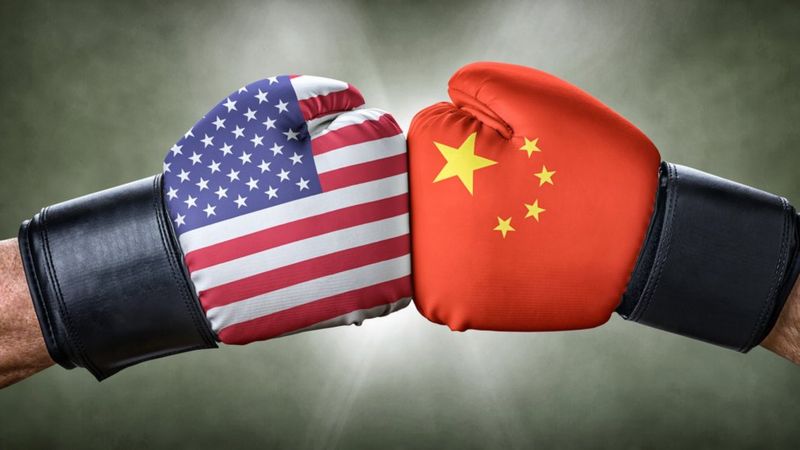
With the annual summit of the Asia-Pacific Economic Cooperation forum taking place tomorrow in San Francisco, much of the world awaits with great anticipation the highly anticipated meeting between Chinese President Xi Jinping and U.S. President Joe Biden. Tension between the two nations has been high for some time, fueled by issues ranging from trade and technology to human rights. But one of the main issues on which there could be significant progress during the summit is the fight against fentanyl trafficking.
Fentanyl, a synthetic opioid nearly 100 times more potent than morphine, has become one of the leading causes of overdose deaths in the United States. In 2022, 107,888 people died from the drug. The drug is primarily manufactured in China and its export to the United States has long been a source of tension between the two nations. The Biden administration has made combating this crisis one of its top priorities, and significant progress is being made with this new agreement.
To address this problem, China has agreed to take concrete steps to crack down on chemical components used in the production of fentanyl. While this may seem like a victory in the fight against drug-related deaths, the agreement comes with a counterpart: the lifting of sanctions against the Chinese Institute of Forensic Medicine. An entity that has been accused of human rights abuses.
Lifting sanctions on the Chinese Institute of Forensic Medicine not only compromises the Biden administration’s stance on human rights, but it also sends a message to other nations that they can get away with similar tactics to secure concessions from the U.S.
The expected fentanyl deal is an important step in addressing the deadly opioid crisis plaguing the United States and highlights the complexities of the U.S.-China relationship and the difficult decisions that must be made to address shared challenges.
With information from Time








1 thought on “U.S. and China to Announce Deal on Fentanyl Crackdown at Highly Anticipated Leaders’ Summit”